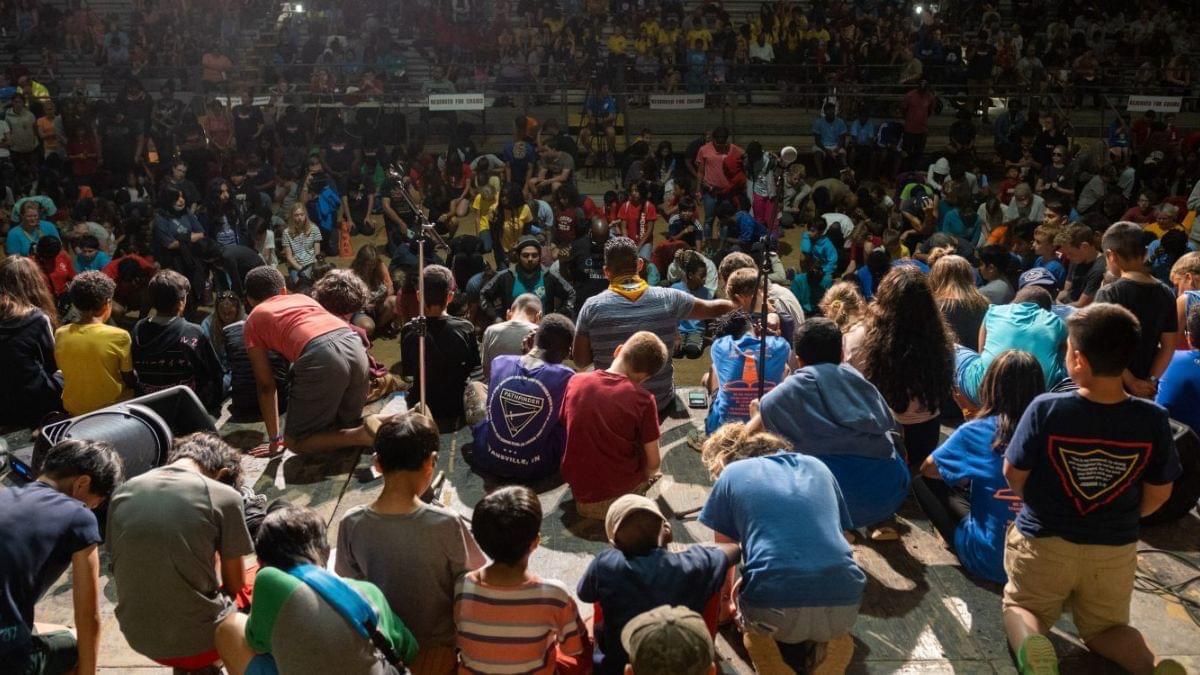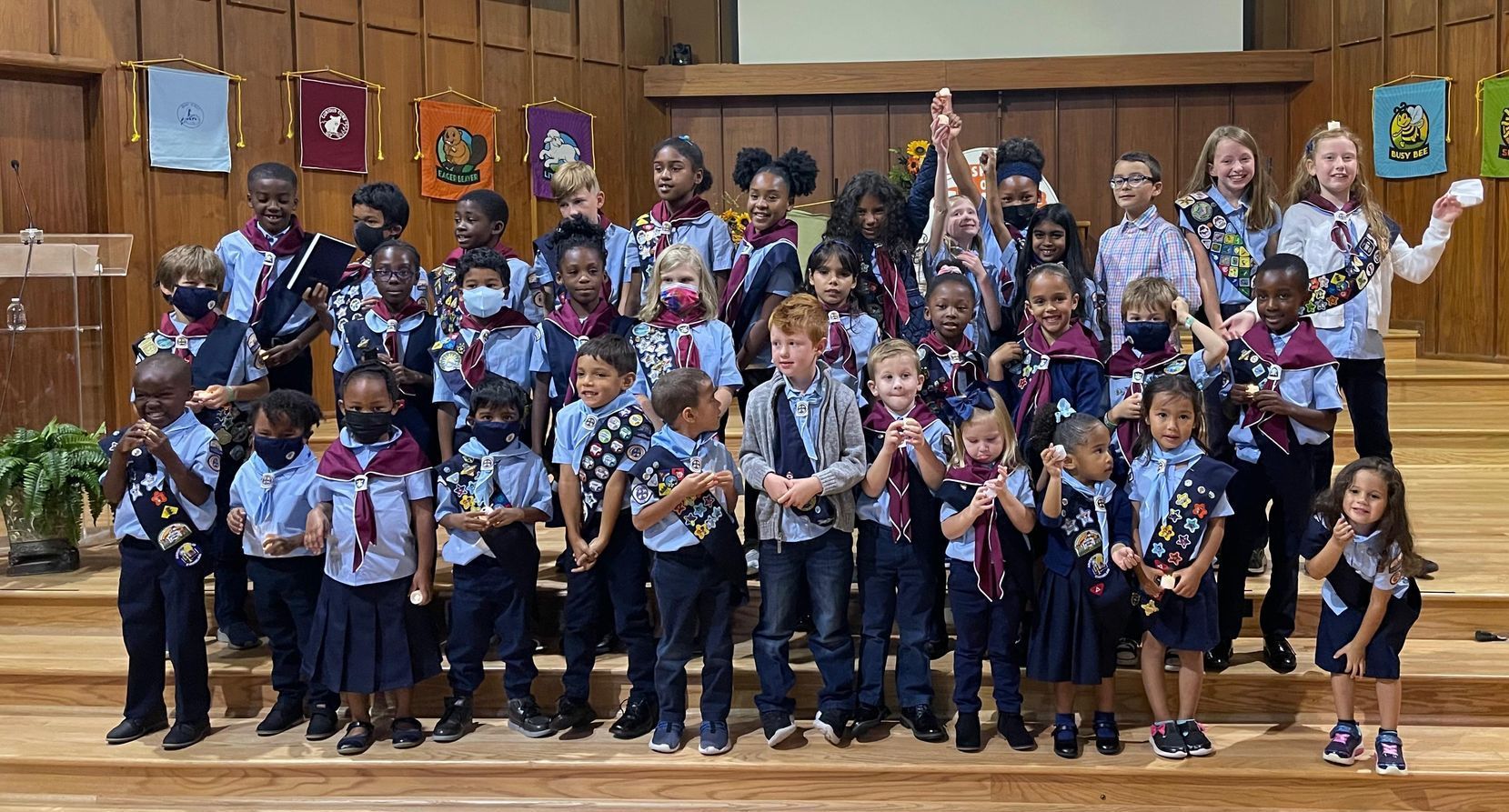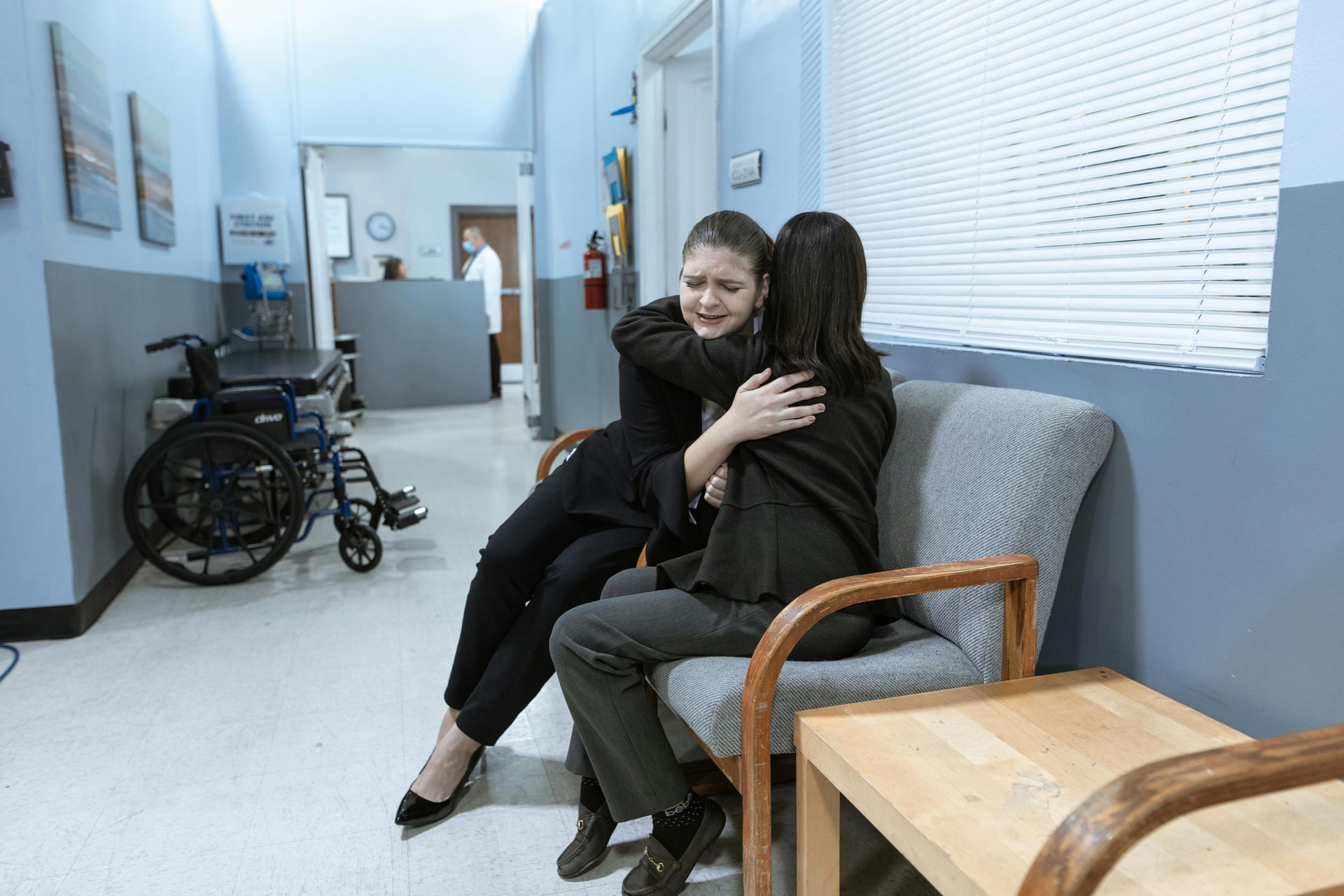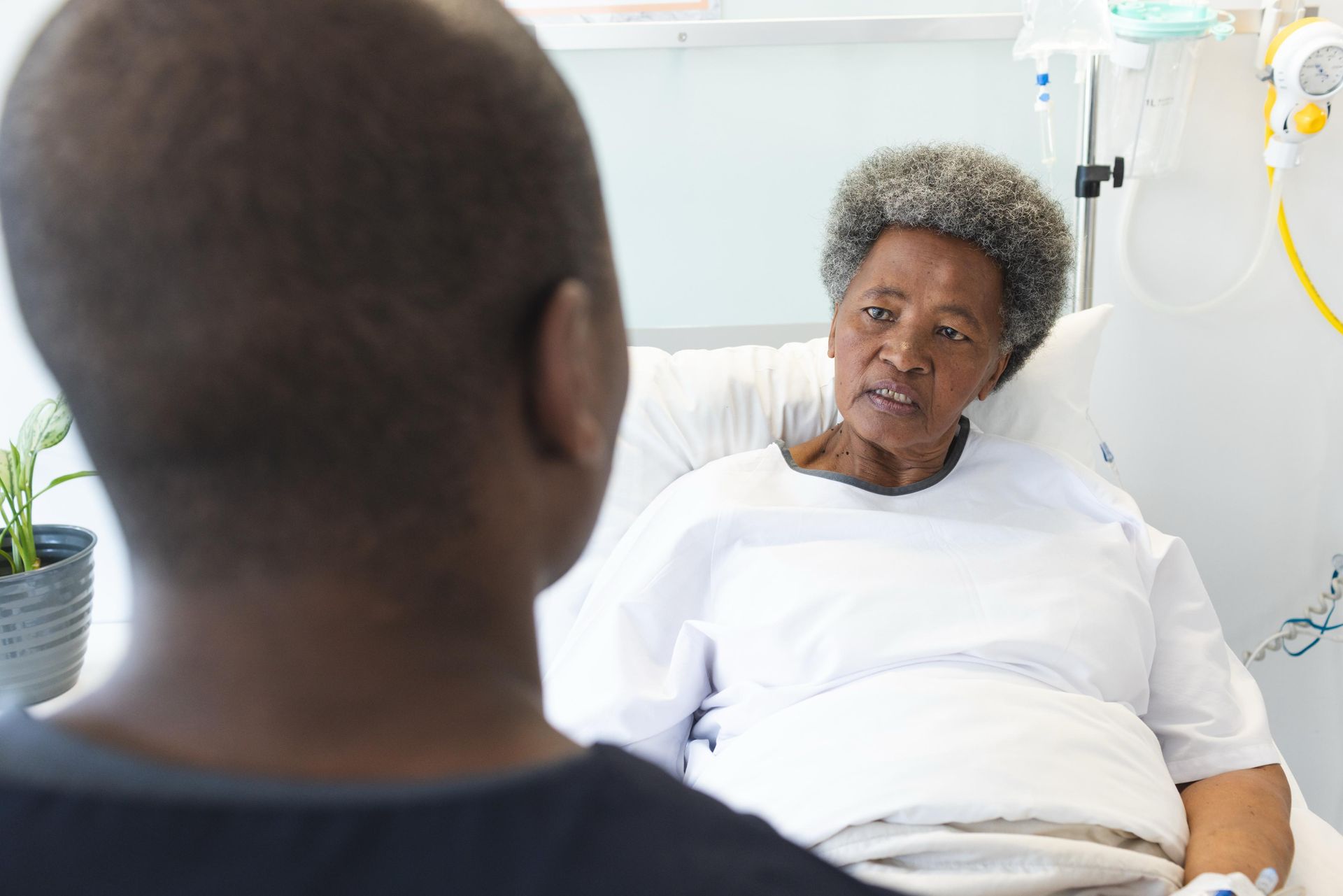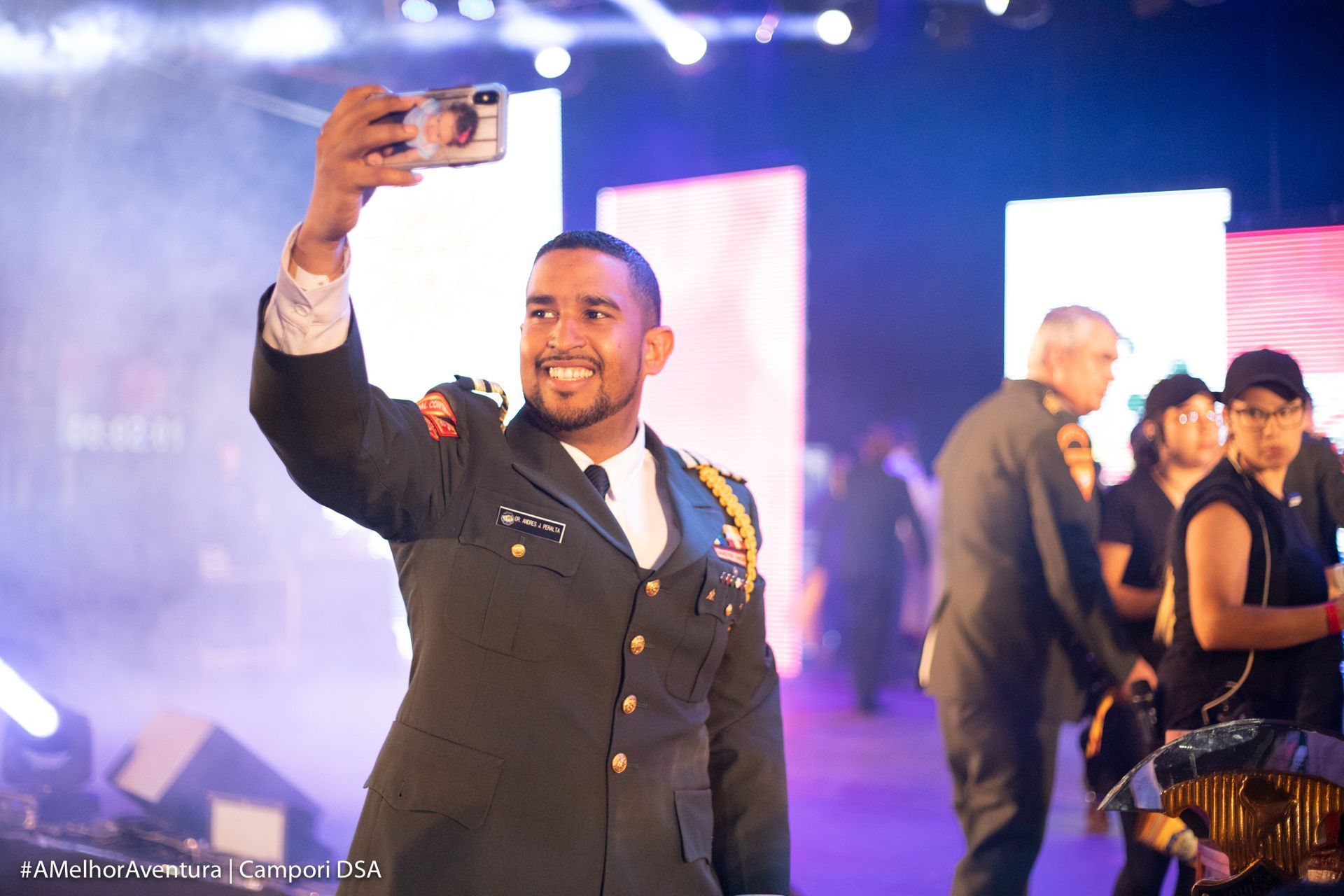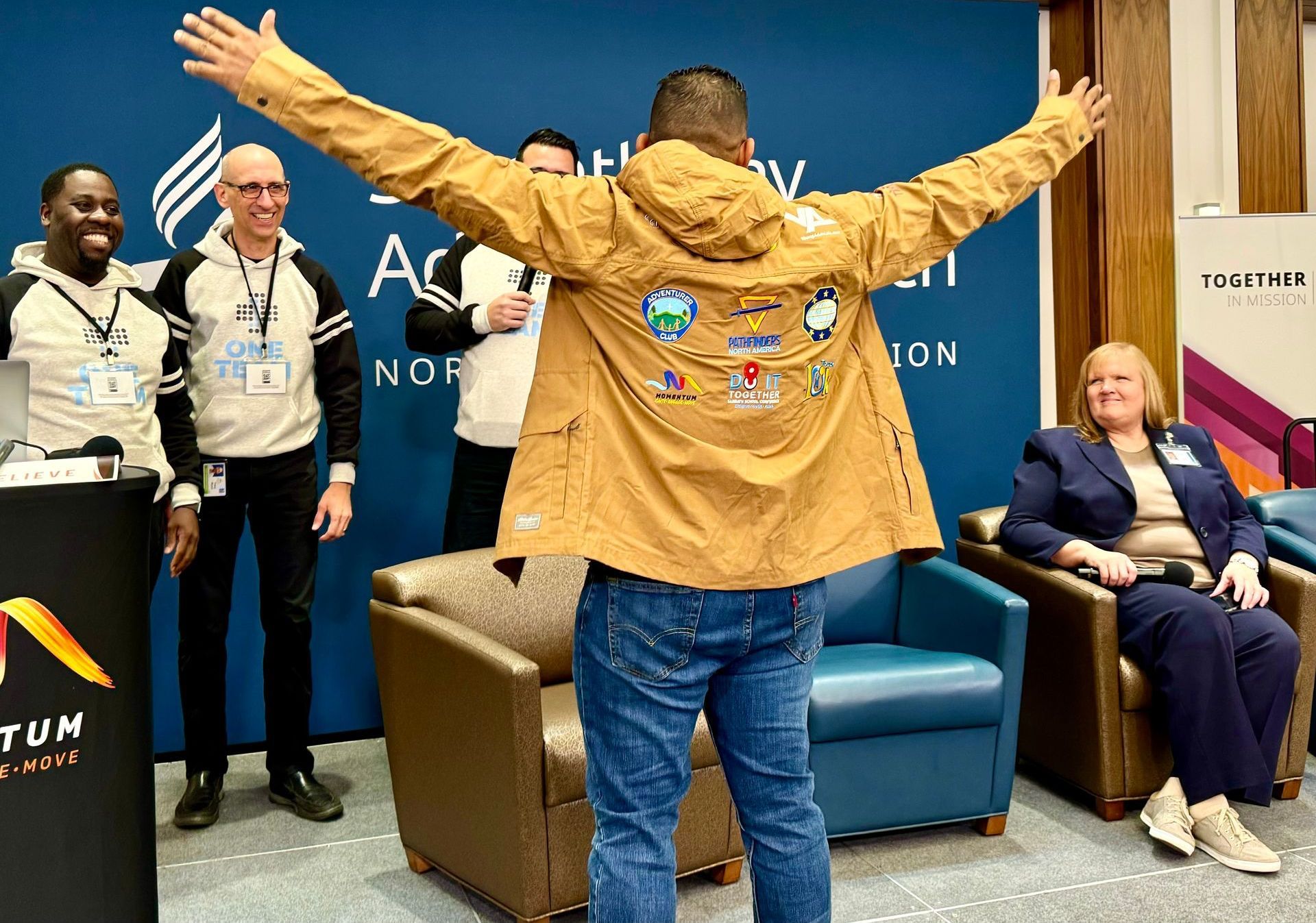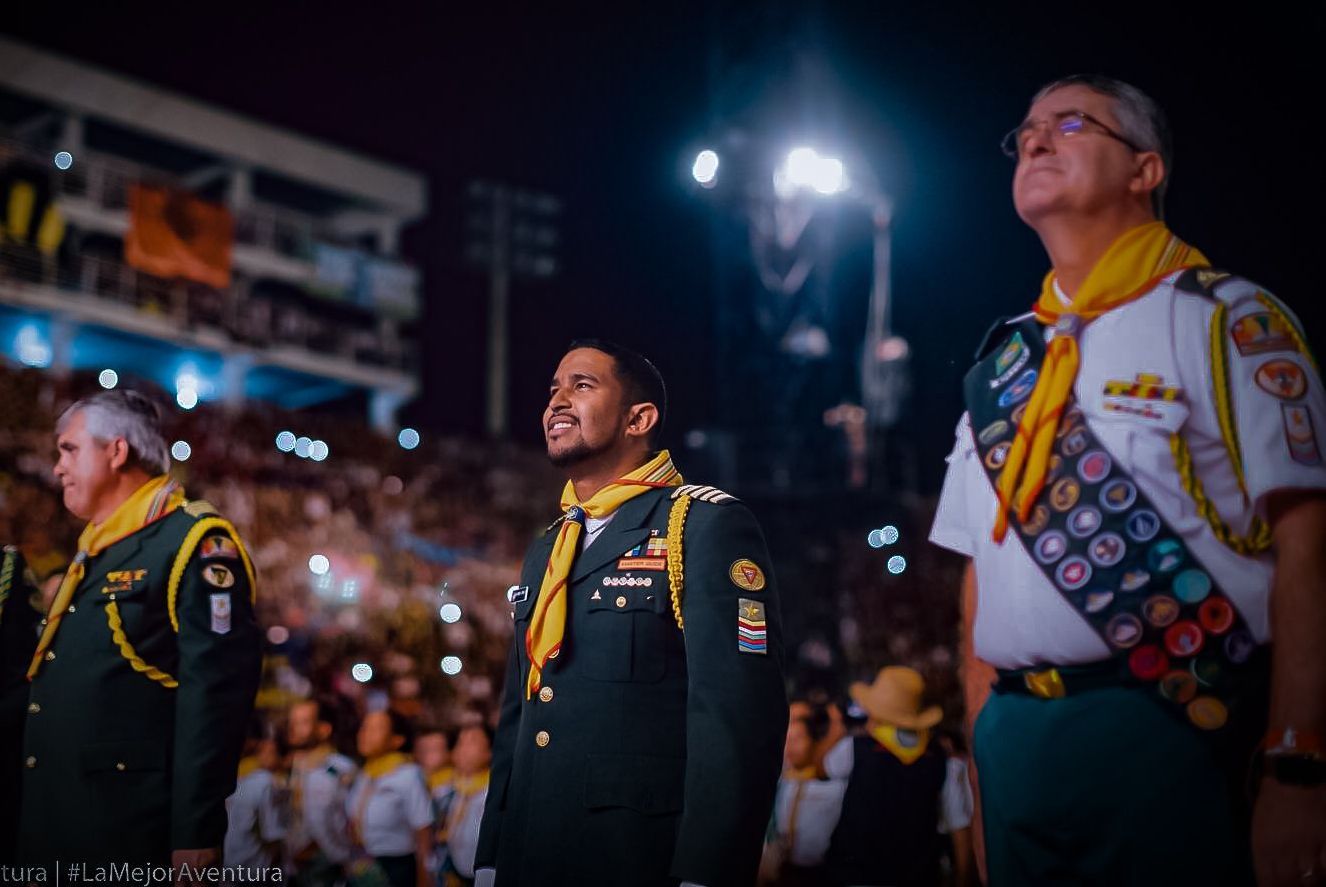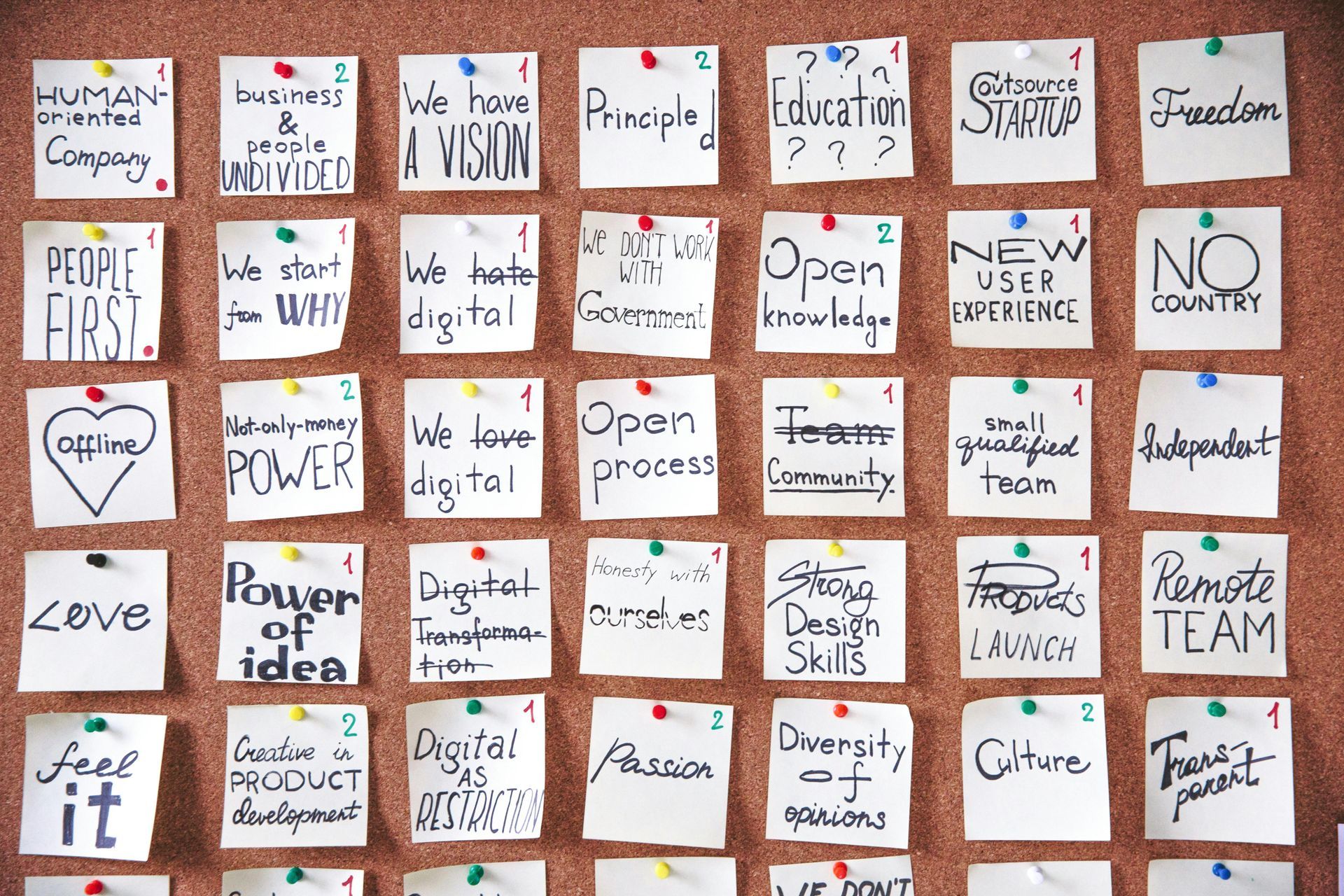RECENT BLOG

“With such an army of workers as our youth, rightly trained, might furnish...”
Those timeless words from Ellen G. White (Education, p. 271) continue to echo across continents, campgrounds, and classrooms. They remind us that youth are not only the future, they are the present force of the church. I’ve witnessed that army come alive in the jungles of Papua New Guinea, the icy winds of Finland, the barrios of Colombia, and the deserts of Namibia.
But how do we truly work with youth? Not just entertain them, not just lecture them, but shape, empower, and walk with them into their divine purpose?
Let’s explore Ellen G. White’s inspired principles and bring them to life with stories from around the world.
1. Recognize Their Potential – See Beyond the Surface
“Every youth should be impressed with the fact that he is not his own. Strength, time, talent, and opportunities are all entrusted to him by God...”
— Messages to Young People, p. 15
In Kenya, I met Daniel, a 14-year-old who walked 10 miles to attend a Pathfinder leadership workshop. He had no shoes, no lunch, and barely spoke English, but he had a question about how to start a Pathfinder club in his village. A year later, he led 35 kids in uniforms he made by hand. Daniel reminded me that when we see potential before problems, we unlock something divine in a young person’s life.
Tip: Don’t focus on what youth lack. See what God has planted in them. Speak life, offer opportunities, and let them rise.
2. Train, Don’t Entertain – Teach with Purpose
“The true object of education is to restore the image of God in the soul.”
— Education, p. 16
In Norway, I once led a team-building challenge in the snow. Teens were asked to build a cross using only natural elements. When they finished, I asked them to share what the process meant. A girl named Sarah said through tears, “I didn’t realize Jesus had to be pieced together like we did this cross, for me.” That was no game. That was discipleship disguised as a moment.
Ellen White consistently counseled leaders to teach youth how to think, not just what to think. Our activities must be intentional. Every hike, every icebreaker, every badge earned must aim at growing their character.
Tip: Make every youth encounter meaningful. Inject purpose into programs. Youth are searching for depth and direction.
3. Serve Side by Side – Build Their Faith Through Action
“It is in a life of service only that true happiness is found.”
— Steps to Christ, p. 80
In the Philippines, I joined 500 youth in rebuilding homes after a typhoon. One boy, Jay, had lost his home but still showed up to help others. That day, as he helped lift lumber and share meals, he said, “I lost my roof, but I found my mission.”
Mission trips are not just service projects, they are
identity-shaping experiences. Ellen White urged us to connect youth with real needs and real people.
Tip: Take youth outside the church walls. Let them serve, lead, and discover Jesus with their hands and feet.
4. Be Present – Influence Through Relationship
“The greatest evidence of the power of Christianity that can be presented to the world is a well-ordered, well-disciplined family.”
— Child Guidance, p. 31
Whether in Peru, Australia, or South Africa, one truth is universal: youth don’t care how much you know until they know how much you care. In Argentina, after preaching at a Camporee, a teenager pulled me aside and asked, “Can I just talk to you?” That conversation lasted over an hour, and it wasn’t about theology. It was about her pain, her doubts, and her silent war with depression.
Being present matters. Ellen White didn’t call for perfection, but for authenticity. Youth need mentors, not managers.
Tip: Don’t just preach, listen. Don’t just direct, walk with them. Be their pastor, cheerleader, and friend.
5. Unleash, Don’t Control – Let Them Lead
“Let the youth be taught to stand on the platform of eternal truth... Let them understand that they are to be thinkers, and not mere reflectors of other men's thoughts.”
— Education, p. 17
In Brazil, I watched a 16-year-old preach to 10,000 Pathfinders. His sermon wasn’t perfect, but it was powerful. He had been mentored, coached, and trusted. That stage didn’t make him a leader, the training before it did.
When we trust youth with responsibility, we teach them accountability, courage, and faith. Ellen White repeatedly called for youth to be trained and trusted, not controlled or silenced.
Tip: Give youth real leadership. Let them preach, organize, lead, and learn. Growth lives on the edge of responsibility.
🌍 A Global Calling
Wherever I travel, be it a dusty mountain in Mongolia or a bustling stadium in Mexico, I hear the same heartbeat: young people want to matter. Ellen G. White gave us the blueprint. The world gives us the opportunity.
Let’s raise an army. Let’s walk with them. Let’s lead with vision and love.
“God calls for youth with hearts pure and strong and brave, who will stand for the right though the heavens fall.”
— Messages to Young People, p. 21
✍️ About the Author
Andrés J. Peralta is a global youth leader, Navy chaplain, and international Pathfinder mentor. He has traveled to more than 100 countries to train, empower, and listen to young people. His passion is to see youth rise into fearless faith leaders.
Related Articles
Related Articles
